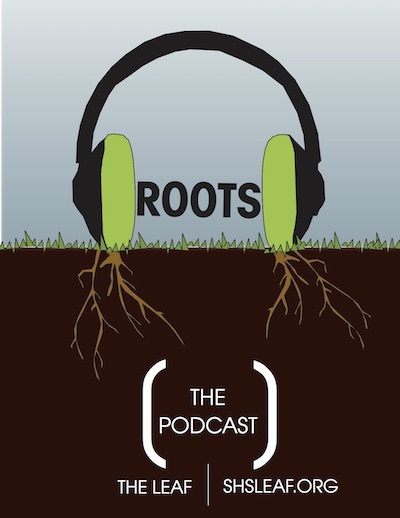In the middle of my American Literature class yesterday, my teacher stopped us. We were reading college-level reviews of “Huckleberry Finn” independently, and something was terribly wrong: hardly any of were paying attention to the topic at hand.
Mrs. Connie Smith challenged us- “What are you going to do in college?” she asked, “…When no one is forcing you to read and comprehend?”
It was an alarming insinuation, for me at least. Because I wasn’t really learning from the packet. I was skimming, letting words flow into my brain and out through my ears. It’s not that I’m a bad student, I just didn’t feel interested.
We took a few minutes out of class time to discuss reading retention and focus techniques, which included reviewing the information from the previous paragraph in your head, and diving back into the text after simple distractions.
Usually I would have half-heartedly attempted to follow those directions, but the idea that I would struggle in college terrified me. I realized that I had to tackle the problem at hand now, before it was too late.
So I returned to the packet with a new sense of challenge and capability. I read carefully, ingested sentences, and conquered difficult vocabulary. And surprisingly enough, I found myself enjoying the author’s point of view and discussion, even though I hated the book itself.
When I do finally get to college, it will be difficult to adjust to the new learning environment. I will have to read long passages of difficult text, and stomach complicated jargon and boring description. There will be other challenges too, at every new task I face.
But Mrs. Smith was right, there are always ways to cope, rather than fail. And sometimes, you just have to do the grunt work. Sometimes, it might even be fun.
Ways to read college-level text without kicking and screaming
1. Underline, don’t highlight. Modern research shows that highlighting is busywork at best, and doesn’t really help you retain information. Underlining, although similar, helps you select information, rather than brighten it.
2. Make comments. They can stupid and funny, or eloquent and intelligent, I’ve found that it really doesn’t matter. Anything that helps you make connections to the text takes your reading comprehension to new levels.
3. List it out. At the end of the piece, or page, or even paragraph, review the information you’ve just read by summarizing it. But don’t just make blocks of text- list it out, make a flowchart, anything graphic and picturesque. Trust me, you’ll actually remember it.



